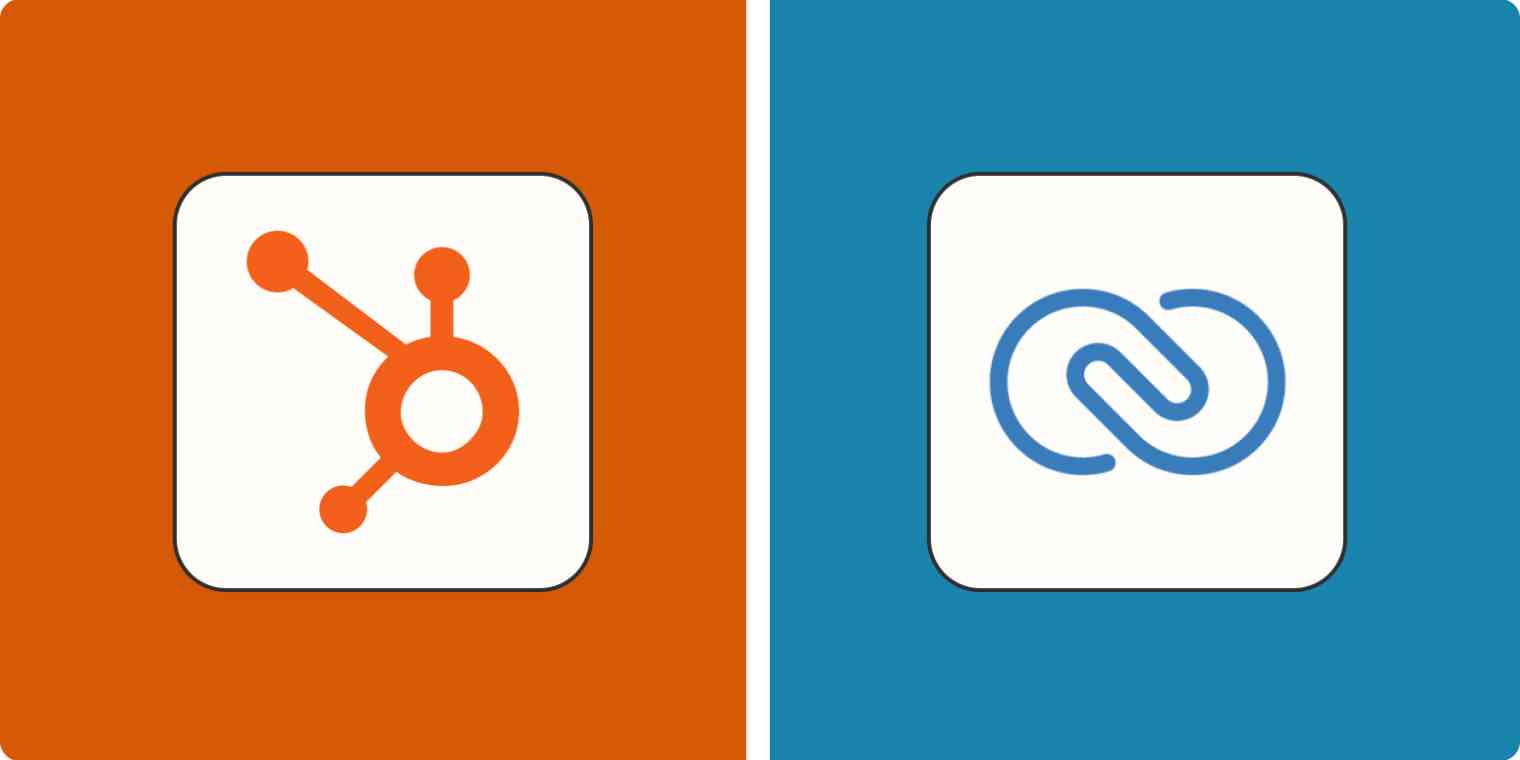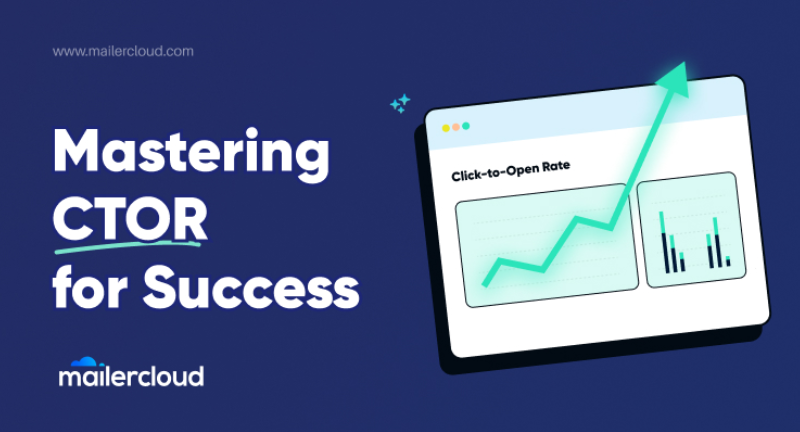HubSpot and Zoho CRM both offer robust features, but HubSpot stands out for its user-friendly interface and marketing tools. Zoho CRM excels with its customization options and affordability.
Choosing the right CRM tool is crucial for streamlining business processes and enhancing customer relationships. HubSpot and Zoho CRM are two popular options, each with unique strengths. HubSpot offers a seamless user experience and extensive marketing features, making it ideal for businesses focused on inbound marketing.
Zoho CRM, on the other hand, provides customizable solutions and competitive pricing, which benefits businesses seeking tailored functionalities. Understanding the specific needs of your business helps in selecting the most suitable CRM tool. This comparison aims to highlight key features of both platforms to aid your decision-making process.
Introduction To Crm Systems
Discover the ultimate CRM tool by comparing Hubspot and Zoho CRM. Explore their features to find the best fit for your business needs. Uncover which platform offers superior functionalities for enhanced customer relationship management.
Importance Of Crm
Customer Relationship Management (CRM) systems help businesses manage customer data. They improve sales and customer service. CRMs streamline communication with clients. They also help track sales and marketing efforts.
Using a CRM system can boost business efficiency. It makes it easier to manage customer interactions. This leads to better customer satisfaction and loyalty. A good CRM can also increase revenue by identifying sales opportunities.
Overview Of Hubspot And Zoho Crm
Hubspot and Zoho CRM are two popular CRM tools. Both offer a range of features to help businesses. Hubspot is known for its user-friendly interface. It also offers strong marketing tools. Zoho CRM is praised for its customization options. It also has a broad range of integrations.
Hubspot provides free basic tools. It’s great for small businesses starting out. Zoho CRM offers a variety of pricing plans. This makes it suitable for businesses of all sizes. Both tools have their strengths. Choosing the right one depends on your business needs.
User Interface And Usability
HubSpot offers a sleek, intuitive user interface with easy navigation, while Zoho CRM focuses on customizable usability features. Both tools enhance user experience, but HubSpot’s design feels more user-friendly for beginners.
Ease Of Use
HubSpot has a simple and clean interface. Users find it easy to navigate. Zoho CRM has a more complex design. It may take longer for new users to learn. Both tools offer drag-and-drop features. This helps in organizing tasks quickly. HubSpot’s dashboard is very intuitive. Zoho CRM provides more detailed options.
Customization Options
HubSpot allows basic customization. Users can change themes and layouts. Zoho CRM offers advanced customization. Users can create custom modules and fields. Both tools support third-party integrations. HubSpot’s customization is easier for beginners. Zoho CRM is better for advanced needs. Users can tailor Zoho CRM to fit specific business processes.
Contact Management
Compare HubSpot and Zoho CRM to discover which contact management tool offers superior features. Evaluate functionalities to determine the best fit for your business.
Data Organization
HubSpot offers a very user-friendly interface. It is easy to navigate. You can quickly find and manage your contacts. Zoho CRM also provides good data organization. It has customizable fields. Both tools let you sort and filter contacts. But HubSpot’s design is simpler and more intuitive.
Integration Capabilities
Both HubSpot and Zoho CRM offer strong integration capabilities. HubSpot integrates well with popular tools. These include Gmail, Outlook, and social media platforms. Zoho CRM also supports many integrations. It works with Google Apps, MailChimp, and other services. Each platform provides APIs for custom integrations. This allows businesses to connect with various third-party applications.
Sales Automation Features
HubSpot offers advanced sales automation with seamless integration and customizable workflows. Zoho CRM excels in comprehensive feature sets and affordability. Comparing both tools reveals distinct advantages tailored to specific business needs.
Pipeline Management
Hubspot offers a visual sales pipeline. You can drag and drop deals. This makes it easy to manage sales. Each stage is customizable. You can track progress easily.
Zoho CRM also provides pipeline management. It allows customization. You can automate tasks. Track deals with ease. Zoho offers a Kanban view. This helps in visualizing the sales process better.
Lead Scoring
Hubspot uses predictive lead scoring. It uses machine learning. Scores are based on past interactions. This helps in identifying hot leads. You can prioritize these leads.
Zoho CRM offers rule-based lead scoring. You can set your own criteria. Points are assigned based on actions. This helps in understanding lead quality. Zoho also integrates with other tools for better scoring.
Marketing Automation Tools
HubSpot offers a powerful email marketing tool. It helps create, personalize, and optimize emails. Users can also enjoy A/B testing for campaigns. Zoho CRM provides good email marketing options too. It includes email templates and automation. Both platforms support email tracking and analytics. HubSpot’s analytics are more detailed and user-friendly.
HubSpot integrates well with all major social media platforms. Users can schedule and track posts easily. Zoho CRM also supports social media integration. It has tools for monitoring and engagement. HubSpot’s interface is more intuitive. Both platforms offer analytics for social media performance. HubSpot provides more advanced insights and reports.
Customer Support And Service
Hubspot offers a ticketing system that tracks customer issues. Zoho CRM provides an integrated help desk. Both tools have automated workflows to manage tickets. Hubspot’s system is easy to use, making it a great choice for small teams. Zoho’s help desk integrates with many apps, making it versatile for different businesses.
Hubspot allows you to create surveys to collect feedback. Zoho CRM also offers survey tools to gather customer opinions. Hubspot’s feedback tools are simple and quick to set up. Zoho provides more customization options for detailed feedback. Both platforms help businesses improve their services based on customer input.
Reporting And Analytics
HubSpot excels in user-friendly reporting, offering intuitive dashboards and robust analytics. Zoho CRM provides customizable reports and advanced data visualization options. Comparing these tools reveals unique strengths in reporting and analytics features.
Dashboard Customization
Both Hubspot and Zoho CRM offer customizable dashboards. Users can add, remove, and rearrange widgets. This helps in displaying key metrics that matter the most. Hubspot’s dashboard is intuitive and user-friendly. Zoho CRM offers a range of customization options. You can create multiple dashboards for different teams.
Sales Performance Metrics
Tracking sales performance is crucial. Hubspot provides detailed sales performance metrics. These include deal stages, close rates, and sales velocity. Zoho CRM also offers comprehensive metrics. Users can track sales pipelines, revenue forecasts, and win/loss ratios. Both tools help in identifying high-performing sales reps. They also assist in recognizing areas for improvement.

Credit: m.youtube.com
Pricing And Value
HubSpot offers a free version. This is good for small businesses. Paid plans start at $50 per month. Higher plans give more features but cost more.
Zoho CRM also has a free version. Paid plans start at $12 per month. This makes Zoho more affordable for many.
HubSpot has many features in its free version. This includes email marketing and lead tracking. Paid plans give even more tools.
Zoho CRM offers fewer free features. But their paid plans are cheaper. This makes it a good choice for those on a budget.
Both tools have pros and cons. HubSpot is great for those needing many features. Zoho is better for those looking to save money.
Final Verdict
HubSpot excels in user-friendly interface and marketing automation, while Zoho CRM impresses with customizable features and affordability. Both tools offer robust solutions, catering to different business needs and preferences.
Best For Small Businesses
HubSpot is great for small businesses. It offers an easy-to-use interface. You can start with free tools. Small teams benefit from simple automation features. The customer support is very helpful. HubSpot grows with your business.
Best For Large Enterprises
Zoho CRM suits large enterprises well. It provides advanced customization options. The platform supports extensive integrations. Large teams can use powerful analytics tools. Zoho CRM offers robust security features. It handles complex workflows efficiently.

Credit: zapier.com

Credit: www.claap.io
Frequently Asked Questions
What Are The Key Features Of Hubspot Crm?
HubSpot CRM offers email tracking, lead management, and marketing automation. It also includes sales pipeline management and customer support tools. The user-friendly interface and integration capabilities make it a popular choice.
What Are The Main Features Of Zoho Crm?
Zoho CRM includes lead scoring, workflow automation, and analytics. It also offers social media integration and AI-powered sales assistance. The platform is highly customizable to fit various business needs.
How Does Hubspot Crm Support Small Businesses?
HubSpot CRM offers a free plan with essential features. It helps small businesses manage leads and automate marketing tasks. The platform is scalable as the business grows.
How Does Zoho Crm Help In Customer Engagement?
Zoho CRM provides multichannel communication, including email, social media, and live chat. It also offers personalized customer interactions through AI and automation. This enhances customer engagement significantly.
Conclusion
Choosing between HubSpot and Zoho CRM depends on your business needs. HubSpot excels in marketing, while Zoho CRM offers extensive customization. Both tools provide valuable features for different requirements. Evaluate your priorities and budget to make an informed decision. Ultimately, the best CRM is the one that aligns with your business goals.


